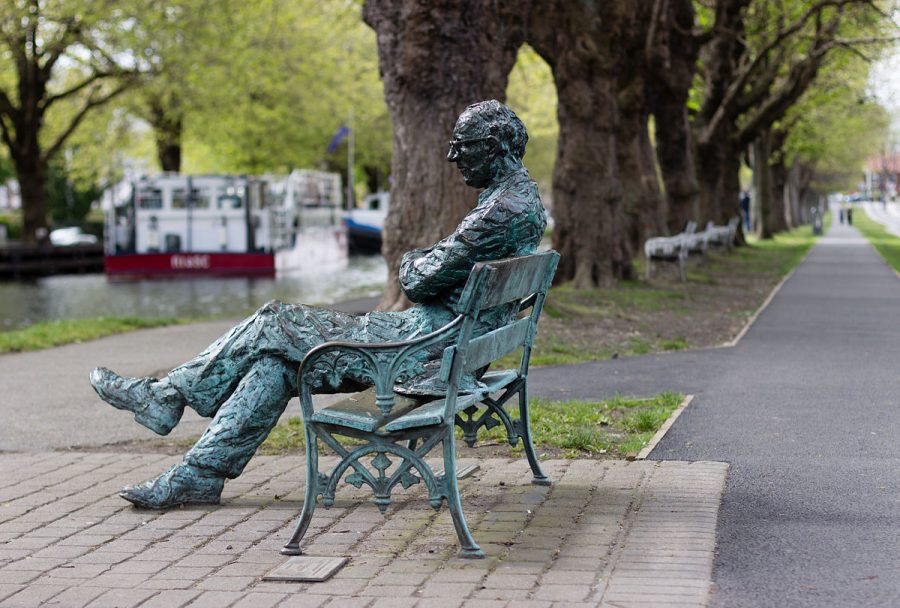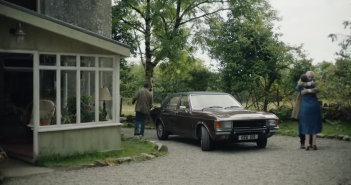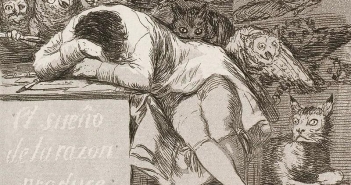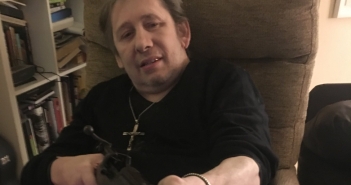In association with The Loopline Collection, we are introducing a free documentary film every week during this period of social isolation for you to enjoy.
For this St. Patrick’s night we bring you Sé Merry Doyle’s intimate portrait of the poet Patrick Kavanagh (1904-1967): ‘Patrick Kavanagh – No Man’s Fool’.
Kavanagh’s best-known works include the novel Tarry Flynn (1948), and poems such as ‘On Raglan Road’ (1946), immortalised in song by Luke Kelly, and ’The Great Hunger‘ (1942). His work viscerally conveys the frustrations of Irish rural life in the first half of the century, while grasping at its cosmic possibilities.
We also find these themes in:
‘Stony Grey Soil of Monaghan‘
O stony grey soil of Monaghan
The laugh from my love you thieved;
You took the gay child of my passion
And gave me your clod-conceived.
You clogged the feet of my boyhood
And I believed that my stumble
Had the poise and stride of Apollo
And his voice my thick tongued mumble.
You told me the plough was immortal!
O green-life conquering plough!
The mandril stained, your coulter blunted
In the smooth lea-field of my brow.
You sang on steaming dunghills
A song of cowards’ brood,
You perfumed my clothes with weasel itch,
You fed me on swinish food
You flung a ditch on my vision
Of beauty, love and truth.
O stony grey soil of Monaghan
You burgled my bank of youth!
Lost the long hours of pleasure
All the women that love young men.
O can I stilll stroke the monster’s back
Or write with unpoisoned pen.
His name in these lonely verses
Or mention the dark fields where
The first gay flight of my lyric
Got caught in a peasant’s prayer.
Mullahinsa, Drummeril, Black Shanco-
Wherever I turn I see
In the stony grey soil of Monaghan
Dead loves that were born for me.
In the documentary we find outtakes fleshing out the story with previously-unseen interviews with actor T.P. McKenna, author Dermot Healy, poet John Montague and others close to the poet. There is also a fascinating sequence involving Kavanagh’s brother, Peter on the occasion of the installation of a plaque at Parson’s Bookshop on Baggot Street, sheding light on a controversial relationship. Audio recordings of actor Gerard McSorley’s readings of Kavanagh’s poems, only partially used in the original film, reflect the genius of both actor and poet.
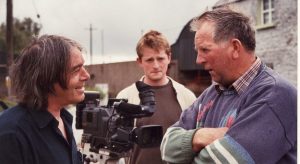
On location, ‘Patrick Kavanagh – No Man’s Fool’.
The film was voted Best Documentary by the Boston Film Festival and features a host of writers and actors, and is just over an hour in length.

